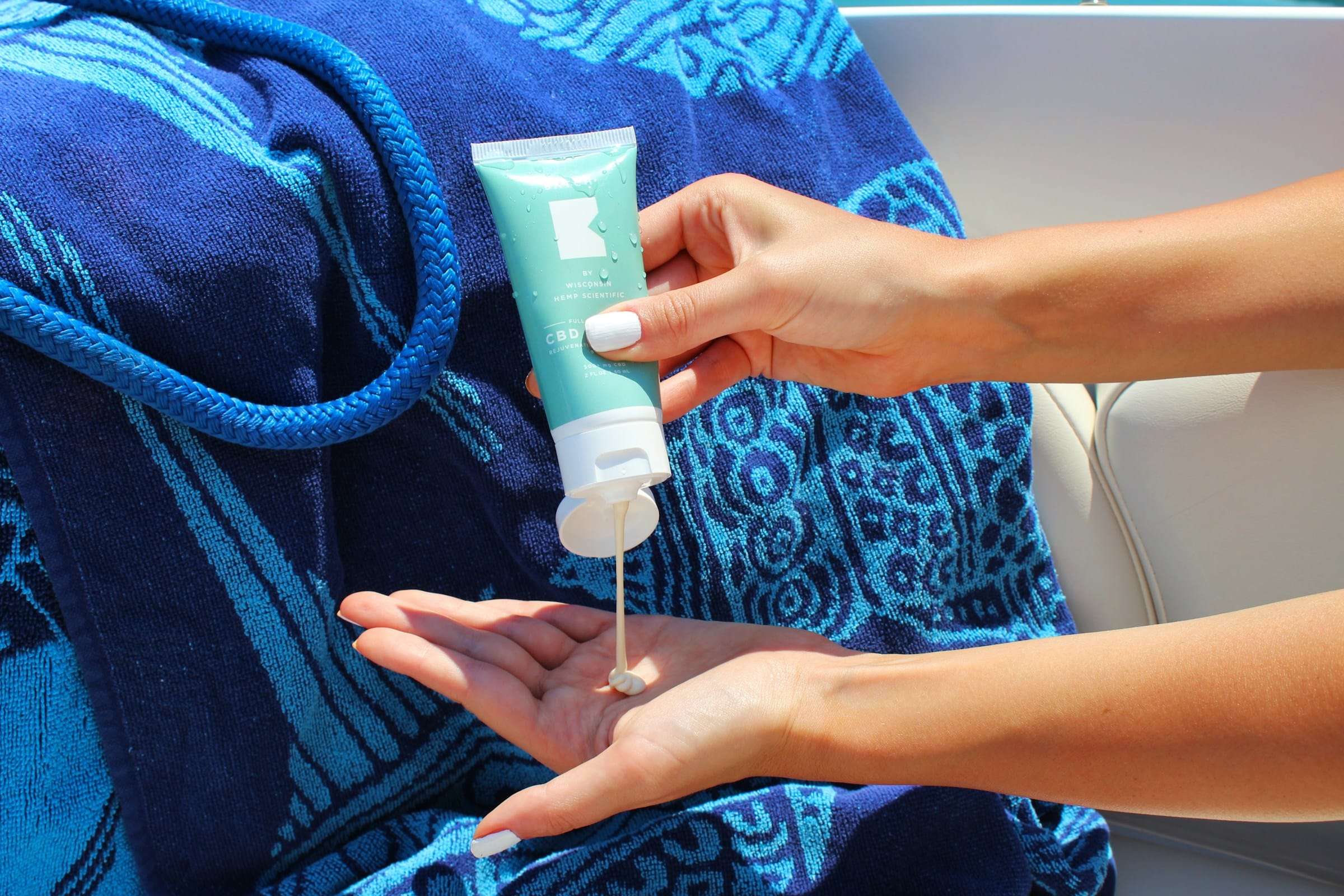When it comes to shielding your skin from sun damage, no measure is too great. Sunscreen, the knight in shining armor, is your best defense against the barrage of harmful rays that the sun launches your way on a sunny day. However, when you have sensitive skin, the task of choosing the right sunscreen can feel like navigating a minefield. The last thing you need is a product that irritates your skin or triggers an allergic reaction. Don’t worry, we’ve got your back. This article will walk you through the steps you need to take to choose the right type of sunscreen for your sensitive skin.
Understanding Sunscreen: SPF, Spectrum, and Types
Before you embark on your quest to find the perfect sunscreen, it’s important to understand the terminologies associated with these products. The jumble of letters and numbers on sunscreen bottles isn’t just there to confuse you, they denote important characteristics of the product.
En parallèle : Discover the magic of custom tattoos at black hat dublin
SPF or Sun Protection Factor is a measure of how well the sunscreen protects your skin from UVB rays, the kind of sun rays that cause sunburn and contribute to skin cancer. An SPF of 30, for example, would technically allow you to stay in the sun 30 times longer than you could without sunscreen before you start to burn.
Broad Spectrum sunscreen means that it shields your skin from both UVA and UVB rays. UVA rays penetrate deep into the dermis, the skin’s thickest layer, and are responsible for premature skin aging and wrinkling. They can also exacerbate the carcinogenic effects of UVB rays.
A voir aussi : Revamp your look : stunning sexy wigs for every style
Sunscreen can be categorized into two main types: chemical and physical (or mineral). Chemical sunscreens are absorbed into the skin and work by converting UV rays into heat, which is then released from the skin. Physical sunscreens, on the other hand, sit on top of the skin and reflect UV rays away from the skin.
The Best Sunscreens for Sensitive Skin: Look for Mineral Ingredients
For those of you with sensitive skin, the best sunscreens are those that contain mineral ingredients. These formulas contain active mineral ingredients, such as zinc oxide or titanium dioxide, which work by sitting on top of the skin to deflect and scatter damaging UV rays away from the skin.
Unlike chemical sunscreens, which can cause skin irritation and allergies, mineral sunscreens are less likely to cause such reactions. They are also better for those with skin conditions such as rosacea and eczema.
The best mineral sunscreens for sensitive skin are those that are free from fragrances, parabens, and other additives that can irritate the skin. Look for products labeled as hypoallergenic, non-comedogenic (won’t clog pores), and oil-free, especially if you have acne-prone skin.
Physical Sunscreens: The Role of Zinc Oxide and Titanium Dioxide
When shopping for a mineral sunscreen, look for ones that contain the ingredients zinc oxide and titanium dioxide. These are natural mineral ingredients that provide broad-spectrum protection against both UVA and UVB rays.
Zinc oxide is a hero ingredient in sunscreens for sensitive skin. It’s a natural mineral that is safe and gentle on the skin, yet provides powerful sun protection. Zinc oxide is not only effective at blocking both UVA and UVB rays, but it is also known for its soothing properties, making it ideal for sensitive or irritated skin.
Titanium dioxide is another mineral ingredient that is often found in sunscreens for sensitive skin. Like zinc oxide, it provides broad-spectrum protection. However, it is less likely to leave a white residue on the skin, making it a popular choice in sunscreens for the face.
Testing Sunscreens: The Importance of Patch-Testing
Despite the best efforts of manufacturers to create sunscreens suited to sensitive skin, the only surefire way to know if a product will suit your skin is to patch test it. Patch testing a new sunscreen before using it can help you avoid an adverse skin reaction. To patch test a sunscreen, apply a small amount of the product on a small, discreet patch of skin. Wait for 24 hours to see if any redness, itching, swelling, or other signs of irritation develop. If you see any signs of a reaction, then it’s best to avoid that product.
Choosing the right sunscreen for your sensitive skin is not a task to be taken lightly. It’s crucial not only for protecting your skin from the sun’s harmful rays, but also for ensuring that your skin remains healthy and irritation-free. By understanding the difference between chemical and mineral sunscreens, knowing what ingredients to look for, and taking the time to patch test new products, you can find a sunscreen that not only protects your skin but also respects its sensitivity.
Essential Tips to Apply Sunscreen on Sensitive Skin
When dealing with sensitive skin, not just the right sunscreen matters, but also the way it is applied. Applying sunscreen is a crucial part of your skin care routine and should not be overlooked. Follow these tips to make the most out of your mineral sunscreen.
Firstly, always apply sunscreen 15-20 minutes before stepping out in the sun. This gives the product enough time to create a protective barrier on the skin.
Secondly, irrespective of the weather, make it a point to apply sunscreen every day. UV rays can penetrate through clouds and harm your skin, even on overcast days.
Thirdly, reapply sunscreen every two hours while you are out in the sun. No sunscreen can shield your skin indefinitely. Reapplication is key for continuous sun protection.
Lastly, don’t forget to apply sunscreen on often overlooked areas like the back of your neck, ears, and the top of your feet. They are as susceptible to sun damage as the rest of your body.
Also, if your skin is particularly dry, look for a sunscreen that offers moisturizing benefits. On the other hand, if you have acne-prone or oily skin, choose an oil-free product that won’t clog your pores.
In the world of skin care, finding the right sunscreen for sensitive skin can be a game-changer. A mineral sunscreen with key ingredients such as zinc oxide and titanium dioxide is usually the best option for sensitive skin.
These broad spectrum sunscreens, free from irritants and harsh chemicals, provide effective protection against both UVA and UVB rays. They sit on top of the skin, reflecting away harmful rays, rather than being absorbed into the skin. This makes them less likely to trigger skin reactions.
Remember to patch test new products, and apply your chosen sunscreen correctly and regularly for the best protection. All these tips will help you protect your skin from the harmful effects of the sun while minimizing irritation and reactions.
In the end, getting the right sunscreen for your skin type enhances your skin health and prevents skin cancer, the most common form of cancer worldwide. All these efforts are worth it to maintain your skin’s health and beauty. With the right sunscreen, every day can be a great skin day!













